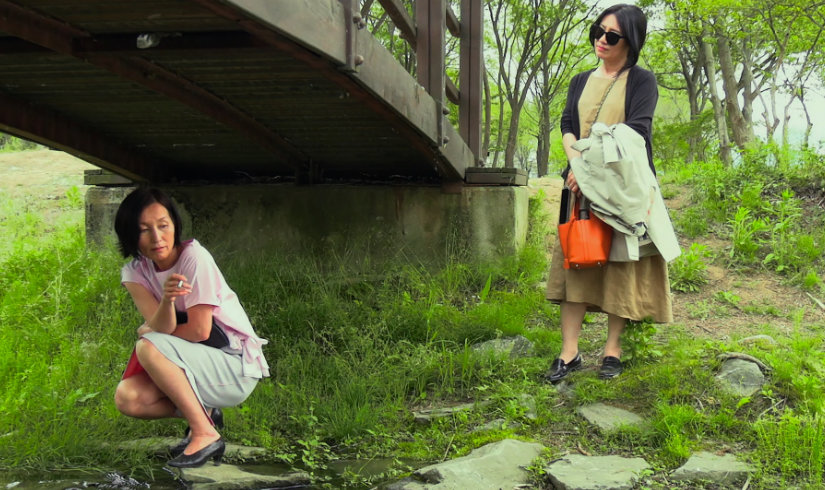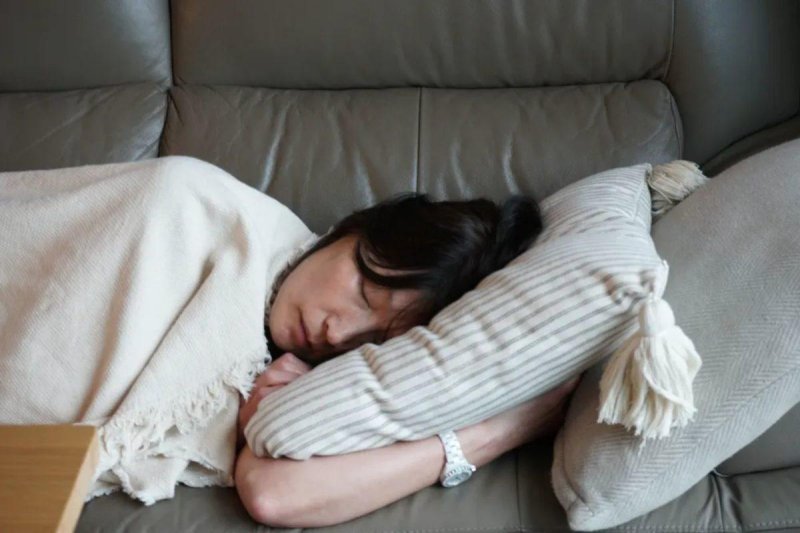In Front of Your Face
12AIf there’s one country that has seen global recognition for its film industry in recent years, it’s South Korea. Films by the likes of Yeon Sang-ho (Train to Busan) and Kim Jee-woon The good, The Bad, The Weird receiving critical acclaim around the world for their features.
And helping to cement the global popularity of South Korean films further still is Bong Joon-ho, whose 2019 Parasite won the highest accolade in the land, becoming the first ever foreign film in history to win the Best Picture Oscar.
This offering from director Hong Sang-soo differs in many ways to these other films, many of which have had impressive budgets and larger scale casts and crews, with what is the most intimate form of storytelling by comparison.

I asked if you need to go before we left.
Having spent some time away, living in the US, Sang ok (Lee Hye-yeong) has returned to her homeland of South Korea.
She is catching up with her sister, who encourages her to return home for good. Her sister believes that she has come back regarding a possible acting job, as she did some acting in her earlier years, and a director is keen to meet up with her.
But Sang’s return is for a more pressing concern, one she’s yet to inform her family about, but if there were any pertinent time to tell them, it’s now.

zzz...marshmallow clouds...zzz
The key to Hong Sang-ho’s film is simplicity. Its story is a simple one; a middle aged South Korean woman returns home to her family. The dialogue between her sister and other characters is what you would mostly consider authentic, warm and polite. There are no fiery dramatic scenes, everything is positively low key.
That includes the camera work, with most scenes shot in one take, with no editing whatsoever. Instead of cutting back and forth between two characters, the director lets his lead actress share the space constantly, so in the case of the scenes she shares with her sister, it reinforces the bond between them by not having them ever separated. And if someone else joins them, the camera gently pulls back to a wider shot, to invite them in.
To that end, there’s also a sense of it being shot in real time, which adds a certain gravitas to the film’s theme, with most scenes shot in one take.
It’s about as quiet as a film can be, with no bells nor whistles, just a simple story of a woman coming to terms with what’s directly in front of her in her life, as its title implies.
It may be low key in nearly every sense, but it doesn’t stop the film being rich in emotion, as subdued as it is throughout, making it hugely personal and touching.
